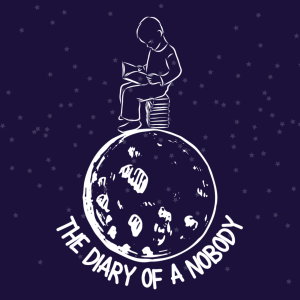
Sunday Nov 13, 2022
E21: All Is Vanity, Saith the Preacher - Lord Byron
Lord Byron - All Is Vanity, Saith the Preacher
Written/Published in: Hebrew Melodies nr. 21 1815
Theme: Lord Byron’s poem is inspired by the Book of Qohelet. He transfers Qohelet’s feeling of life into a psalm, thereby condensing the Biblical material in his own way. He makes Qohelet, whom he conventionally identifies with King Solomon, look back at the happy times in his life. He interprets the Preacher’s resignation and depression by introducing the serpent from Genesis 3; this aspect helps to generalize Qohelet‘s pessimistic outlook on human life. Zsengellér, J. 2022. Understanding Texts in Early Judaism: Studies on Biblical, Qumranic, Deuterocanonical and Cognate Literature in Memory of Géza Xeravits. Berlin, Boston: De Gruyter. https://doi.org/10.1515/9783110768534
Poem:
I.
Fame, wisdom, love, and power were mine,
And health and youth possess'd me;
My goblets blush'd from every vine,
And lovely forms caress'd me;
I sunn'd my heart in beauty's eyes,
And felt my soul grow tender:
All earth can give, or mortal prize,
Was mine of regal splendour.
II.
I strive to number o'er what days
Remembrance can discover,
Which all that life or earth displays
Would lure me to live over.
There rose no day, there roll'd no hour
Of pleasure unembitter'd;
And not a trapping deck'd my power
That gall'd not while it glitter'd.
III.
The serpent of the field, by art
And spells, is won from harming;
But that which coils around the heart,
Oh! who hath pwer of charming?
It will not list to wisdom's lore,
Nor music's voice can lure it;
But there it stings for evermore
The soul that must endure it.
Credits: Lord Byron 1815, József Zsengellér 2022
Comments (0)
To leave or reply to comments, please download free Podbean or
No Comments
To leave or reply to comments,
please download free Podbean App.